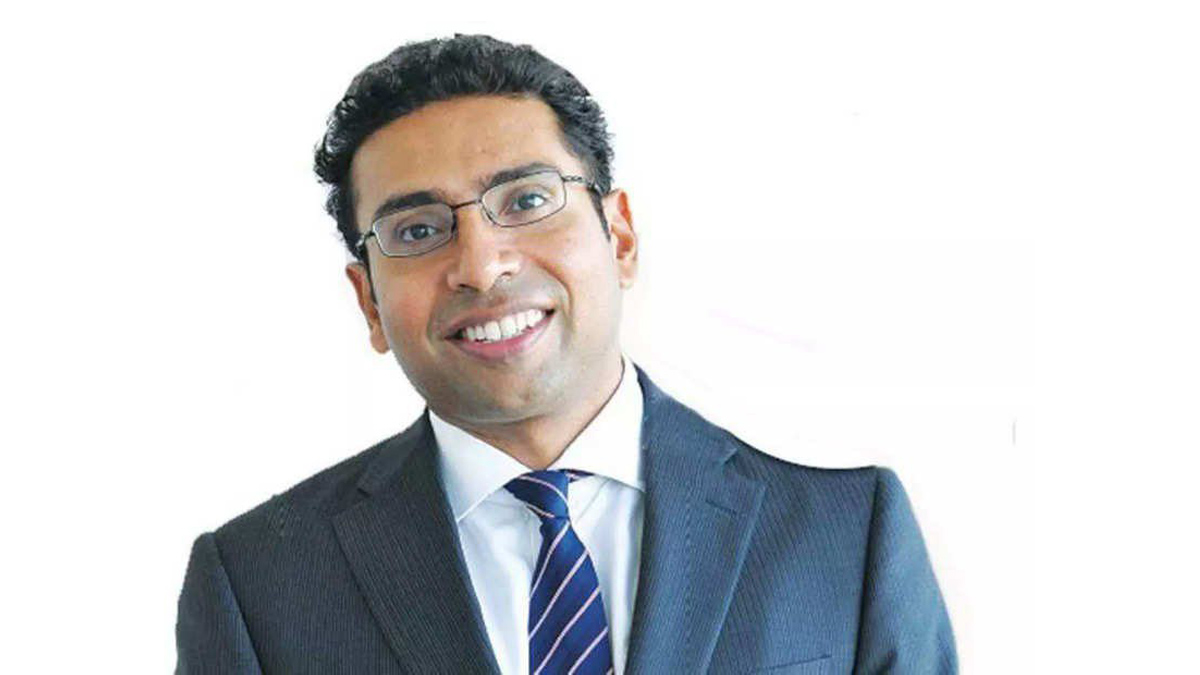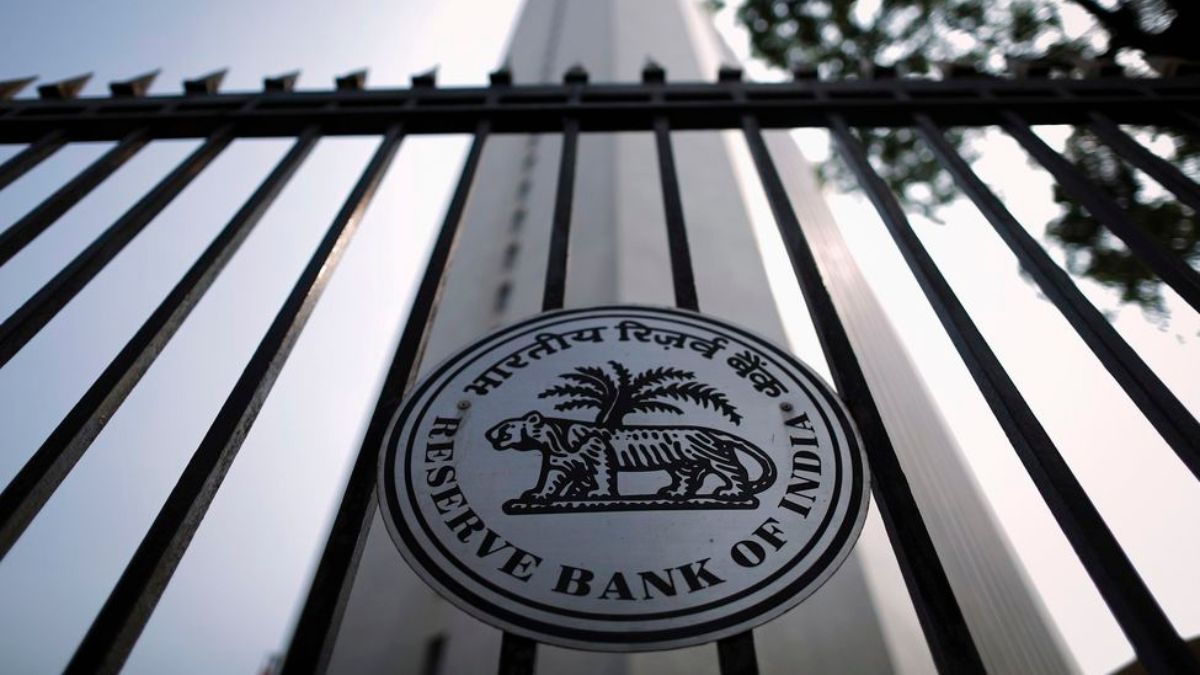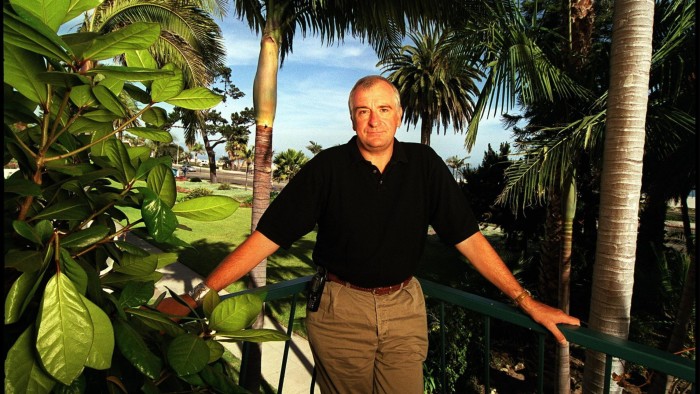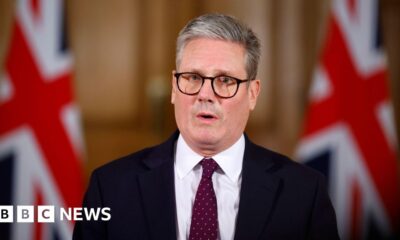It might have been slightly lost in all the noise over the last seven days, but in any major world historical event it’s always important to ask yourself — what does this mean for financial regulation?
The Trump victory will presumably be seen as a massive victory for bank lobbyists, as they put together their wish lists. Those wish lists include the repeal of a number of predatory lending rules and credit card fee regulations and easier mergers.
But the biggest item on the list is surely the one that they were buying Super Bowl ads about earlier this year — the Basel Endgame rules.
For most of 2024, the banks’ political strategy was to try and delay the implementation process, hopefully trigger another round of consultation, but in any event to push Endgame to the other side of the elections. This was done in the hope that a Trump victory would bring in a new set of players, allowing the Endgame to be substantially weakened, or cancelled altogether.
And now they’ve got their wish.
The personnel issues are made a little bit more complicated by the fact that the lead regulator in charge of drafting Endgame is the Fed, and the president doesn’t actually have the authority to fire the vice-chair for Supervision. If Michael Barr decides to dig in like Jay Powell, then his fingernails can’t actually be removed from the paintwork until July 2026 when his term ends. (He remains a Fed governor until 2032).
There’s some precedent for him to resign immediately, as Dan Tarullo did in 2016, but, well, quite a lot of precedents have been broken recently. If Barr really wanted to stay around to make Endgame happen, he could.
Or could he? Although the Fed has the main responsibility, Endgame also has to be agreed to by the Office of the Comptroller of the Currency and the Federal Deposit Insurance Corporation. The chairs of both of those bodies are at-will presidential appointments.
Furthermore, the OCC currently has an Acting Comptroller, awaiting confirmation, while the FDIC is chaired by Martin Gruenberg, who has already agreed to resign over a bullying scandal as soon as a replacement is confirmed.
So the bottom line on Endgame is that if personnel is policy, it isn’t happening any time soon, unless it can be presented in a form that’s acceptable to the US banking industry.
Paradoxically, that might make the work of the banking industry lobbyists harder rather than easier. It means that rather than brick-wall obstruction forever, they now have to decide what they actually want from Endgame, and what features they consider to be genuine show stoppers.
Because whatever they say, big Wall Street banks don’t actually want to send a message to the world that the US industry isn’t capable of complying with international standards.
The industry has gained mightily over the years from a perception that while smaller American banks are a snake’s nest of unrealised losses and lax supervision (and the definition of “smaller” includes some really quite big banks), the bulge bracket and the globally systemic firms have fortress balance sheets that define the gold standard of stability and transparency.
It’s just not a good look to be aggressively lobbying for exceptions and exemptions and challenging your stress test requirements —— particularly in a world in which bond yields might be heading back towards levels where people start asking impertinent questions about mark to market valuations again.
So it might be convenient for many people if a very much weakened Endgame could be put out the door quickly with industry support, allowing everyone to get on with their lives.
And in terms of watering down the Endgame, the industry might be pushing at an open door. Powell was notably reluctant to support the first draft in public, and Barr declared the entire experience “a lesson in humility”. Interestingly, European supervisors seem to have been informally told back in September that a re-proposal was ready to go.
Having bought an Endgame T-shirt at the start of the summer from the Alphaville merch shop, I can confirm that it has held its pattern very well. The real thing might end up being washed out a lot more quickly.









































































































































































You must be logged in to post a comment Login